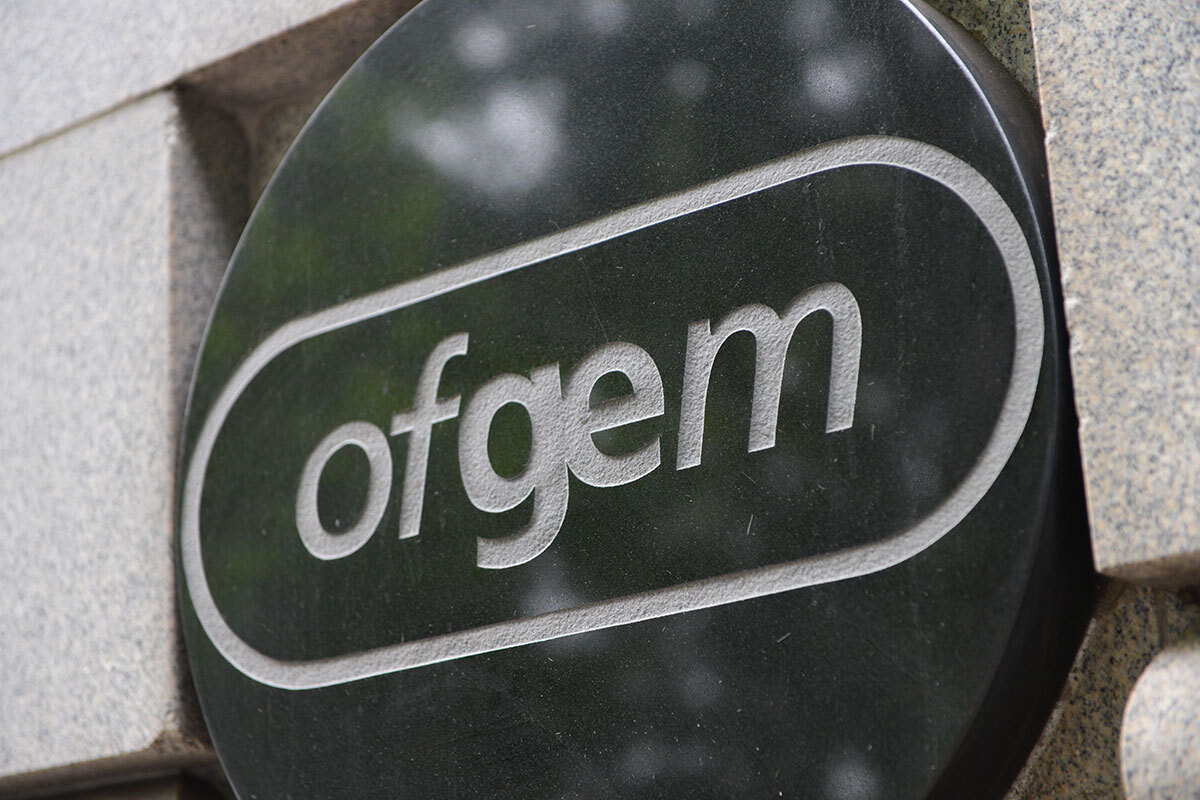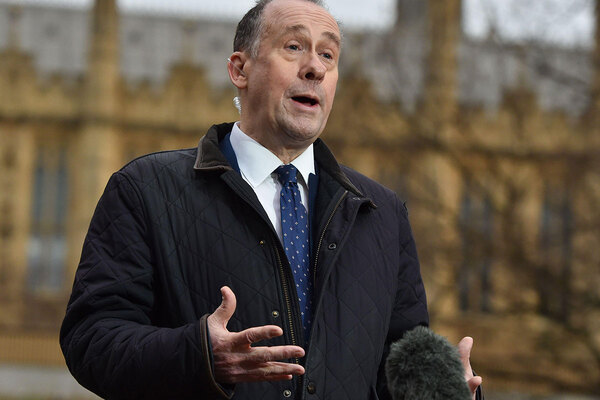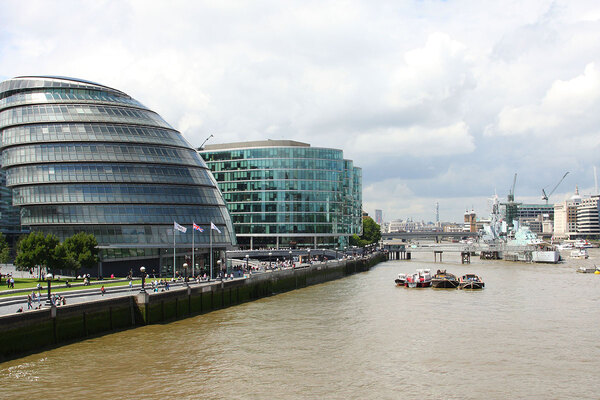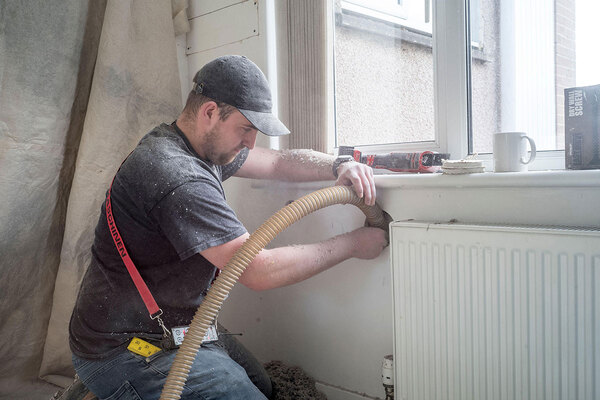Housing association residents on heat networks will not be entitled to compensation
Housing association residents whose homes are connected to communal boilers will not be entitled to compensation payments under upcoming regulation.

Ofgem, the energy watchdog, published its plans to regulate heat network providers in a joint consultation with the Department for Energy Security and Net Zero (DESNZ) towards the end of last year.
Under the proposals, commercial heat network providers and local authorities must pay their residents £45 per day for unplanned interruptions to their energy supply, up to a cap of £720.
However, Ofgem said that housing associations should be exempt from compensation payments as they are not-for-profit organisations and their business models are “very different” to commercial energy companies.
Instead, housing associations will be required to submit an improvement plan to Ofgem if their heat networks do not meet overall performance standards.
“Concerns were raised that consumers on this type of network [not-for-profit] would have to pay for their own compensation payments through future price increases, as there is no other way for this type of network to fund compensation,” the consultation said.
It continued: “We think an improvement plan may be a more appropriate incentive to deliver the outcomes we are seeking for consumers on this type of heat network.”
Improvement plans would be “ambitious” and “strictly enforced”.
Despite the exemption for landlords, Ofgem suggested that local authorities with council housing may be forced to make compensation payments to their heat network customers.
“This [exemption] would apply to registered social landlords who are not-for-profit but not those who are deemed local authorities”, the consultation said.
Tom Naughton, chief operating officer at heat network consultancy FairHeat, welcomed the regulation proposals.
“Enabling not-for-profit landlords to concentrate efforts on improving heat networks rather than paying compensation will help more customers and also have a bigger impact on the lives of those customers,” he said.
Mr Naughton added: “It’s crucial social housing providers and private developers understand the new regulations coming into effect and know that government funding is available for providers to improve the performance of their heat networks.”
A spokesperson for Ofgem said: “We are working closely with government and industry to design regulation that prioritises consumer protection and driving up standards, while also considering the complexity of different heat network structures.
“We welcome views from stakeholders on the compensation arrangements proposed in our consultation, and will consider all feedback when finalising our approach.”
Ofgem regulation of heat networks is due to be introduced later this year. Both district and communal heat networks will be regulated, ranging from single buildings with a central heating plant to city-wide heat networks serving thousands of customers.
Heat suppliers will be required to provide separate bills for individual heat consumption for more transparency, and DESNZ is seeking views on ‘unbundling’ heat charges from other services charges.
At the same time as the joint consultation with DESNZ, Ofgem is also consulting on the need to improve heat network performance and reliability. Both consultations close on 31 January.
Earlier this week Inside Housing investigated how council residents on older heat networks are facing rising energy bills, and what more social landlords can do to protect them.
A DESNZ spokesperson said: “Communities should be able to benefit from low-cost and efficient heat networks, which is why we are introducing enhanced price protections for consumers through new regulations.
“We are consulting on proposals that most social housing providers would not pay compensation for any failings if they operate on a non-profit basis.
“Instead, they would be expected to comply with stricter performance standards and implement an improvement plan where they fail to meet these standards, with Ofgem using their new powers to investigate and intervene where prices are disproportionate or unfair.”
Sign up for our regulation and legal newsletter
Already have an account? Click here to manage your newsletters











